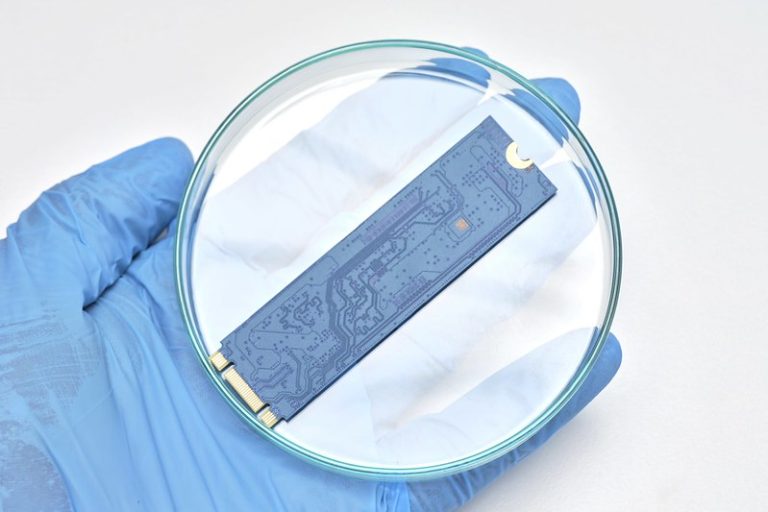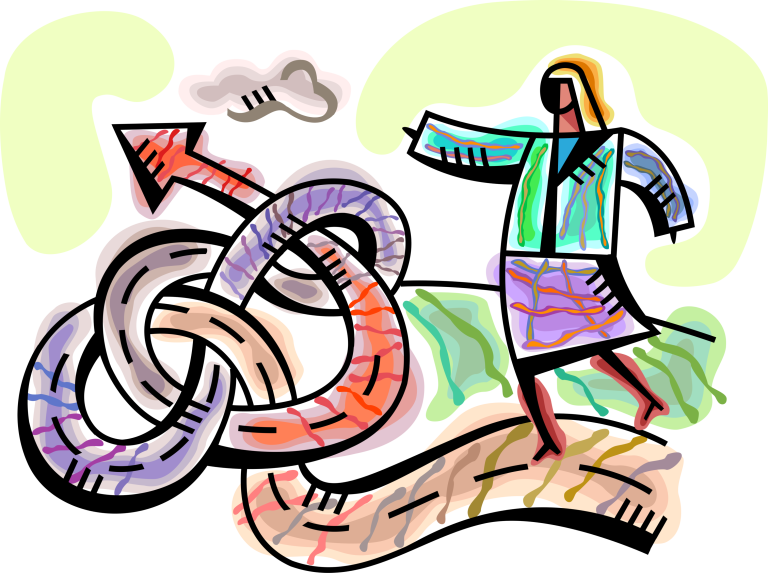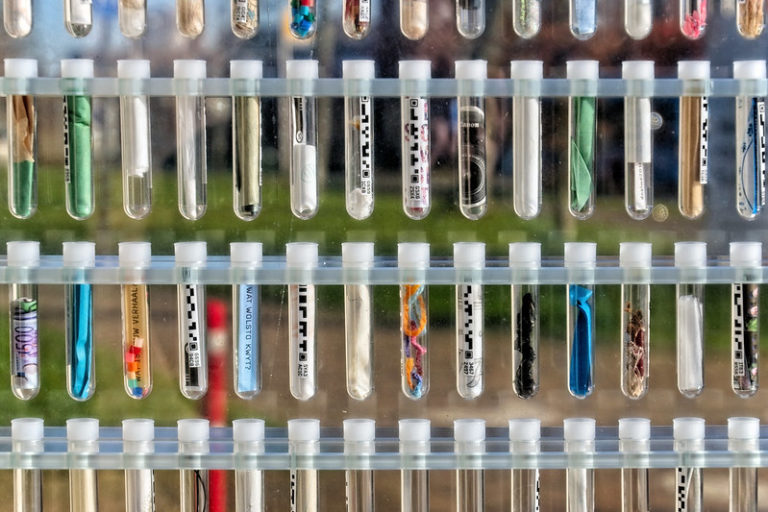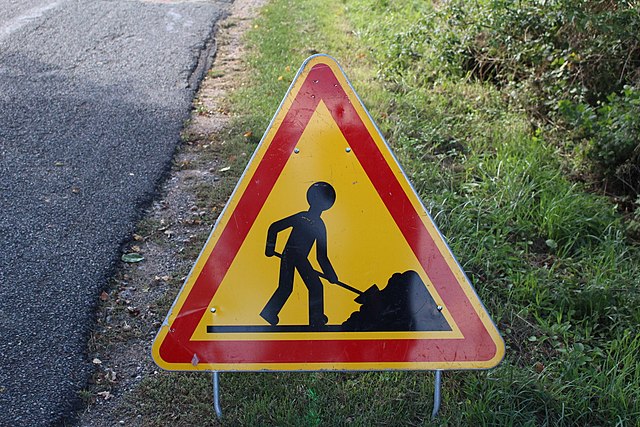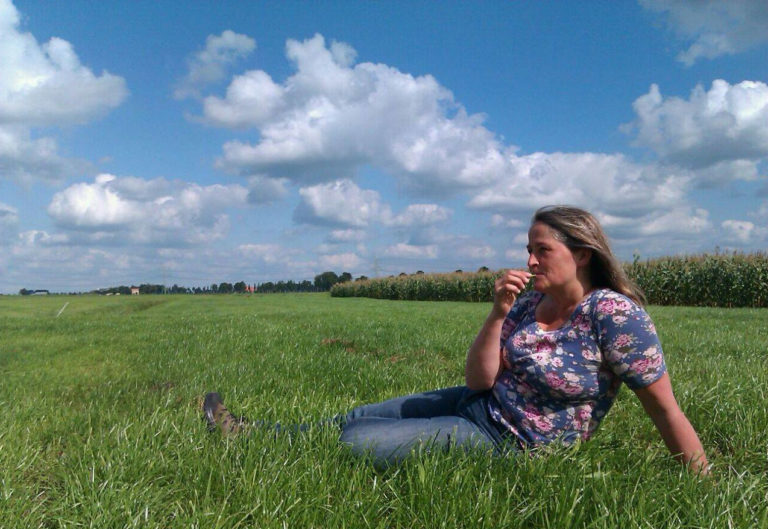The threat of GMO/NGT patents is growing stronger
Twenty-five years after the first convictions for GMO patent infringement, the threat of legal action by the agrochemical industry is hanging over farmers, plant breeders and peasants more than ever because of its patents.

The 1998 court case between the Canadian farmer Percy Schmeiser and Monsanto paved the way for other legal actions in the United States and Europe. Today, farmers, plant breeders and peasants – the “small farmers” – are more than ever at the mercy of legal action by the industry and its patents.
A historic dispute
In 2004, the famous patent infringement trial involving a genetically modified rapeseed ended in Canada. The farmer Percy Schmeiser, whose field had been contaminated by Roundup Ready (glyphosate-tolerant) oilseed rape, was convicted of infringing Monsanto’s patent rights. The same year, the French company Gautier Semences had a tough time with a Dutch seed company, Rijk Zwaan, holder of a patent on lettuces resistant to the Nasonovia aphid. The French seed company had been, for a long time developing such lettuces independently, incorporating the wild gene. Unable to finance its legal action to invalidate the patent, Gautier Semences was forced to negotiate a licence with Rijk Zwaan.
In the United States, in 2013, Monsanto secured the conviction of Vernon Bowman, a farmer from Indiana. Bowman had purchased and replanted Roundup Ready soybeans from a grain silo. The Supreme Court ruled that the patent right also applied to the replanted seeds. In other words, the patentee’s right “does not run out” once the seed has been sold, as is the case for other products that do not reproduce naturally.
Today, the list of individuals or legal entities – small farms, some family-run – subject to patent-related legal action continues to grow, to the point that a majority of North American farmers prefer to buy every single patented seed to guarantee themselves against any infringement proceedings.
Worrying legal developments
Inf’OGM recently reported on the case of two breeders under threat from patents, including a Dutch company, Nordic Maize Breeding (NMB), which has independently developed a cold-resistant maize. KWS holds a patent for this resistance trait, although it was filed after the NMB maize was developed. When asked about the patent risks, the response of Grietje Raaphorst-Travaille, co-founder of NMB, shows both the absurdity of the situation and the powerlessness of small breeders in the face of the issue: “I think it’s really strange that we have to look at these issues […] we can’t test the seeds we sell to farmers to see if they are free of patent rights or not, or even if they are free of new GMOs […] breeders and farmers thus run an enormous risk, which they will not be able to limit“.
In March 2024, the Californian company Norfolk Healthy Produce sued Baker Creek Heirloom Seed Company, a traditional Missouri seed company, over a patent covering a genetically modified purple tomato. Norfolk claims that Baker Creek’s Purple Galaxy tomato, also purple but non-GMO, infringes its patent. However, Baker Creek says it imported its tomato from Europe, where this GM tomato is not authorised. Norfolk, on the other hand, claims that their patented genetic modification is the only way to obtain a purple tomato. Although laboratory tests did not clearly conclude whether or not Purple Galaxy was contaminated with GMOs, Baker Creek has decided to withdraw this tomato from its catalogue.
Powerless small farms
Today’s small farming businesses are faced with undeniable legal uncertainty due to patents, and are quite powerless in the face of this. One of the main reasons is the high number of patent applications for “new GMOs” or “new genomic techniques” (NGTs), and their complexity (see p.6 and p.7-8). In addition, the accelerating pace of innovation may encourage the accumulation of patented traits within the same plant. If this were the case, the development of a new variety from such a plant would require the negotiation of several licences and the payment of as many royalties.
Furthermore, the interpretation of patents, their scope and their use as a legal tool remains a subject for specialists. If we are not specialists, how can we know whether products from non-GMO agriculture infringe a patent, especially if no obligation is imposed on their producers to describe the processes for obtaining, and above all detecting and identifying, GMOs/NGTs?
This constant threat of patents covering NGTs, the potential impact of which is difficult, if not impossible, for a small farming business to identify, is detrimental for several reasons. When such a business is threatened by a patent right, there are few solutions open to it. It can decide to withdraw its products from the market, or wait for the patent holder to take action. It may also agree to take out a licence and pay royalties. These options have financial consequences for the businesses involved. A patent can also be challenged in court, but here too the asymmetry of the economic, legal and technical capacities of the parties generally sentences the weaker party. The Monsanto vs Percy Schmeiser trial is a case in point.
Real solutions or legal deadlock?
The European legislator provides little or no real protection for small farms threatened by patents. While the French law admits the “adventitious or accidental presence of patented genetic information in seeds” (Article 613-2-2 of the French Intellectual Property Code) – Germany also provides similar protection – the Directive 98/44 EC does not offer “immunity” in the event of contamination. The other European countries can therefore act as they please. The “farmer’s exemption“, which allows farmers to resow and reproduce seeds for their own use in return for payment of royalties, applies to a limited number of seed species and only concerns PBRs (Plant Breeders’ Rights) on varieties, not patents.
The European legislation – Directive 98/44 EC and the European Patent Convention applied by the European Patent Office – provides protection for genetically modified products (containing or consisting of biological material or genetic information), regardless of the manufacturing process. In February 2024, the European Parliament voted to exclude the patentability of such products when they are derived from NGTs, by insufficiently limiting patents to processes. If this provision were finally adopted by the European authorities, the risk for small businesses would not disappear altogether.
Indeed, in the case of a process patent, the European law provides that it normally also extends to the product obtained by the process. The UPCA (Agreement on a Unified Patent Court) also considers, in Article 55, that an allegedly counterfeit product has indeed been obtained by the patented process unless it can be proved otherwise. This is known as the “reversal of the burden of proof” (see pp. 9-10). In other words, the holder of a patent right is not being asked to prove that it has been infringed – which is a basic legal principle that is even recalled in Article 54 of the UPCA – but the small breeder, the farmer, the peasant is being asked to “exonerate” himself. Doesn’t this situation create a kind of deadlock by imposing a lot on those who can do little or nothing at all, and little on those who can do a lot?






